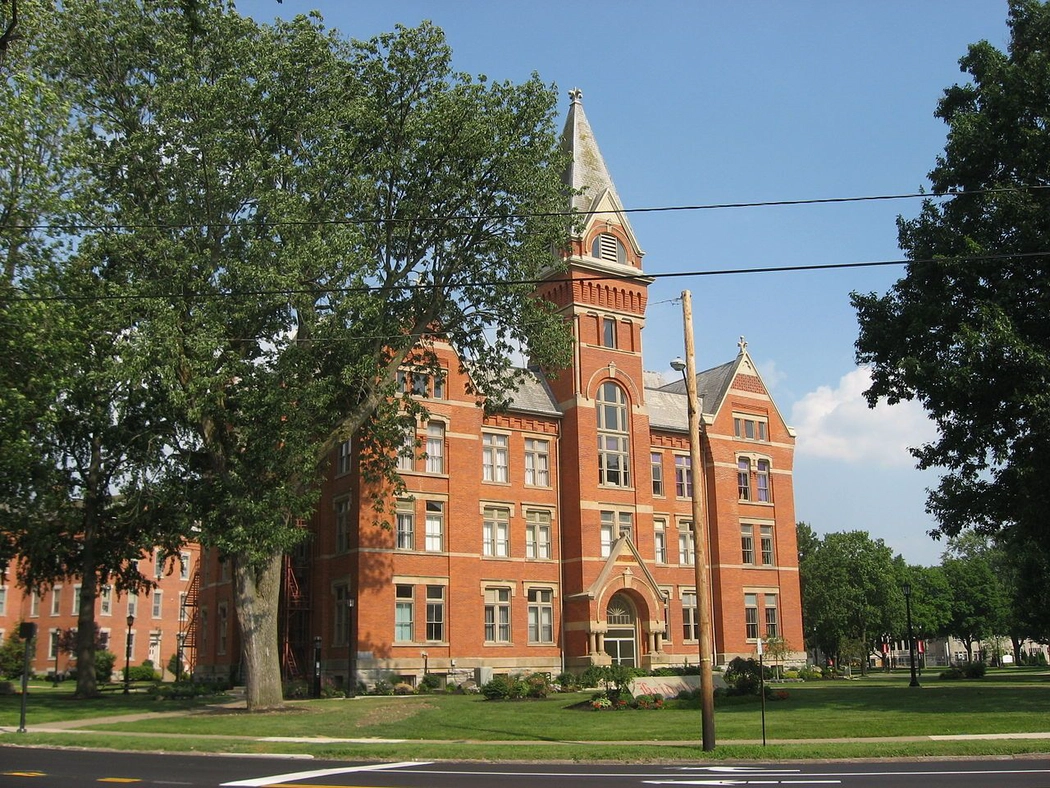How Can We Find the Cause of the Accelerated Expansion of the Universe?
Researcher
Matteo Maturi is permanent staff member at the Institute of Theoretical Astrophysics at Heidelberg University. He also collaborates with the Euclid Consortium, which has the single scientific responsibility for ESA’s Euclid mission. He has worked on the implementation of the ‘Adaptive Identifier for Clustered Objects’ and as co-coordinator of the ‘Weak Lensing Selected Clusters’ for the Consortium. Currently, his research interests include galaxy clusters and cosmology, gravitational lensing, the Sunyaev-Zel’dovich Effect and signal extraction with filtering techniques.

Original Publication
AMICO: Optimised Detection of Galaxy Clusters in Photometric Surveys
Searching for Galaxy Clusters in the Kilo-Degree Survey
M. Radovich,
E. Puddu,
F. Bellagamba,
M. Roncarelli,
L. Moscardini,
Published in
Citation
Matteo Maturi,
Latest Thinking,
How Can We Find the Cause of the Accelerated Expansion of the Universe?,
Credits:
© Matteo Maturi
and Latest Thinking
This work is licensed under CC-BY 4.0